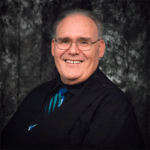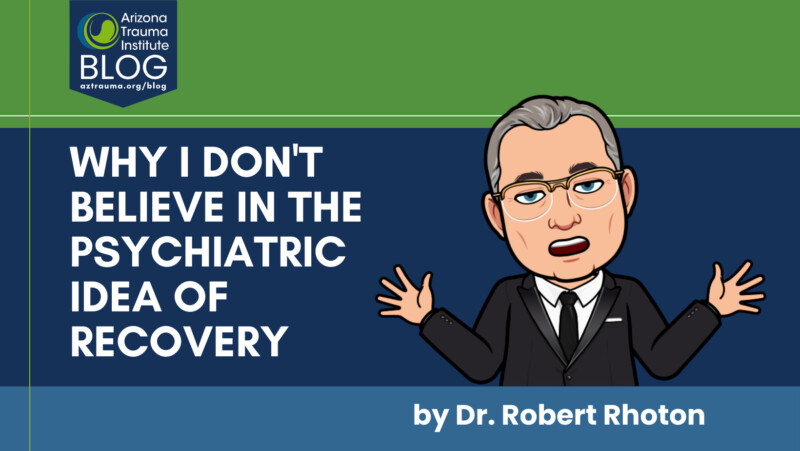When working with clients who have experienced trauma, it is important to keep in mind that the goal should be increasing capacity and transformation, not simply recovery. The medical model of recovery assumes that people can go back to the way things were before, but this is often not the case for those who have experienced trauma. Many of those trauma clients have never had a “good” circumstance or situation that would be restorable, it is massively poor or totally devoid of positive history, so they have no positive status quo unto which they can return. They may have experienced traumas and challenges from a very early age. I believe that we need to help people increase their capacity to deal with challenges and transform their lives.
The salutogenic model of health and wellbeing emphasizes the importance of positive factors in people’s lives, rather than simply focusing on the absence of disease. This model has been gaining popularity in recent years, as it offers a more holistic approach to health and recovery. The salutogenic orientation is based on the premise that every individual has the potential for growth and transformation. This belief system also places a strong emphasis on compassion, as it recognizes that everyone experiences struggles and challenges in life. I believe that the salutogenic model offers a more effective approach to recovery than the medical model. By approaching clients with compassion and an attitude of growth, we can help them move forward and towards a more fulfilling life and a personal transformation.
I believe that the goal of treatment should be increasing capacity and transformation, not simply recovery. I believe that we need to help people increase their capacity to deal with challenges and transform their lives. This requires a salutogenic approach that focuses on strength and resilience, rather than simply pathology. I think the recovery movement is strong and has a positive influence on the lives of people, however, working on increasing capacity and resilience helps them move forward and through difficult times without being overwhelmed. This leads to personal transformation. I think that personal transformation and resiliency are more noble ideals than what is traditionally part of the recovery ideology.

Written by Robert Rhoton Psy D., LPC, D.A.A.E.T.S.
Dr. Robert Rhoton, CEO of Arizona Trauma Institute and President at the Trauma Institute International possesses a rich history of experience in the mental health field.



